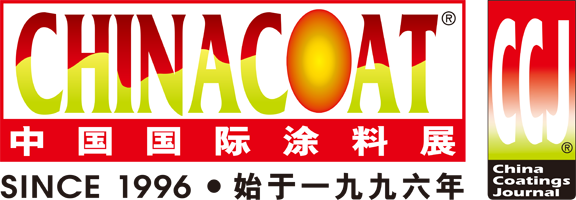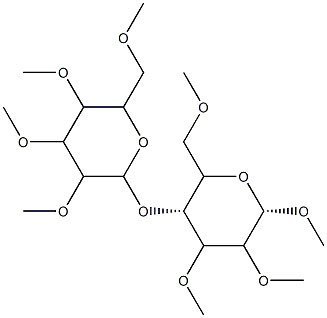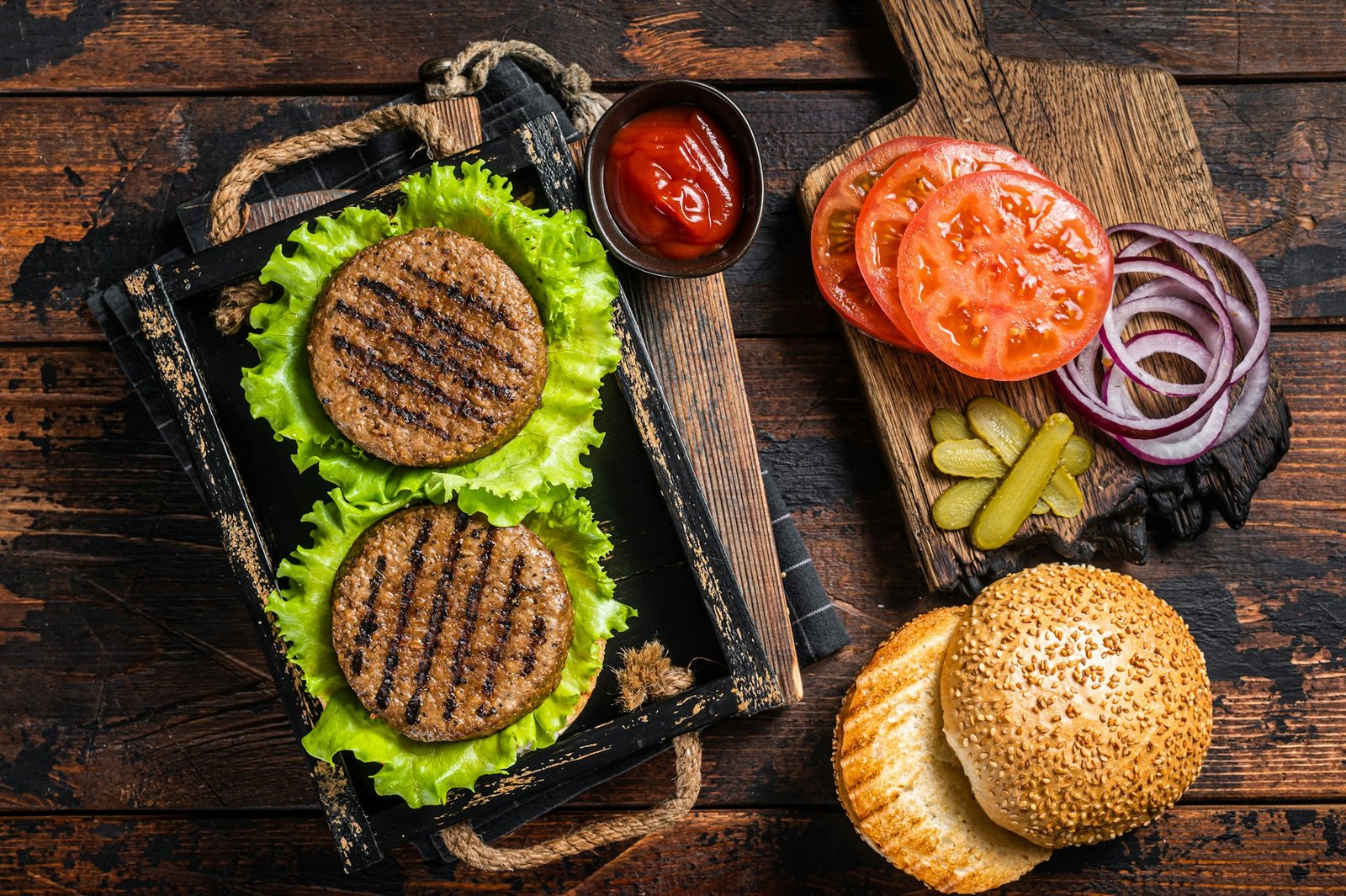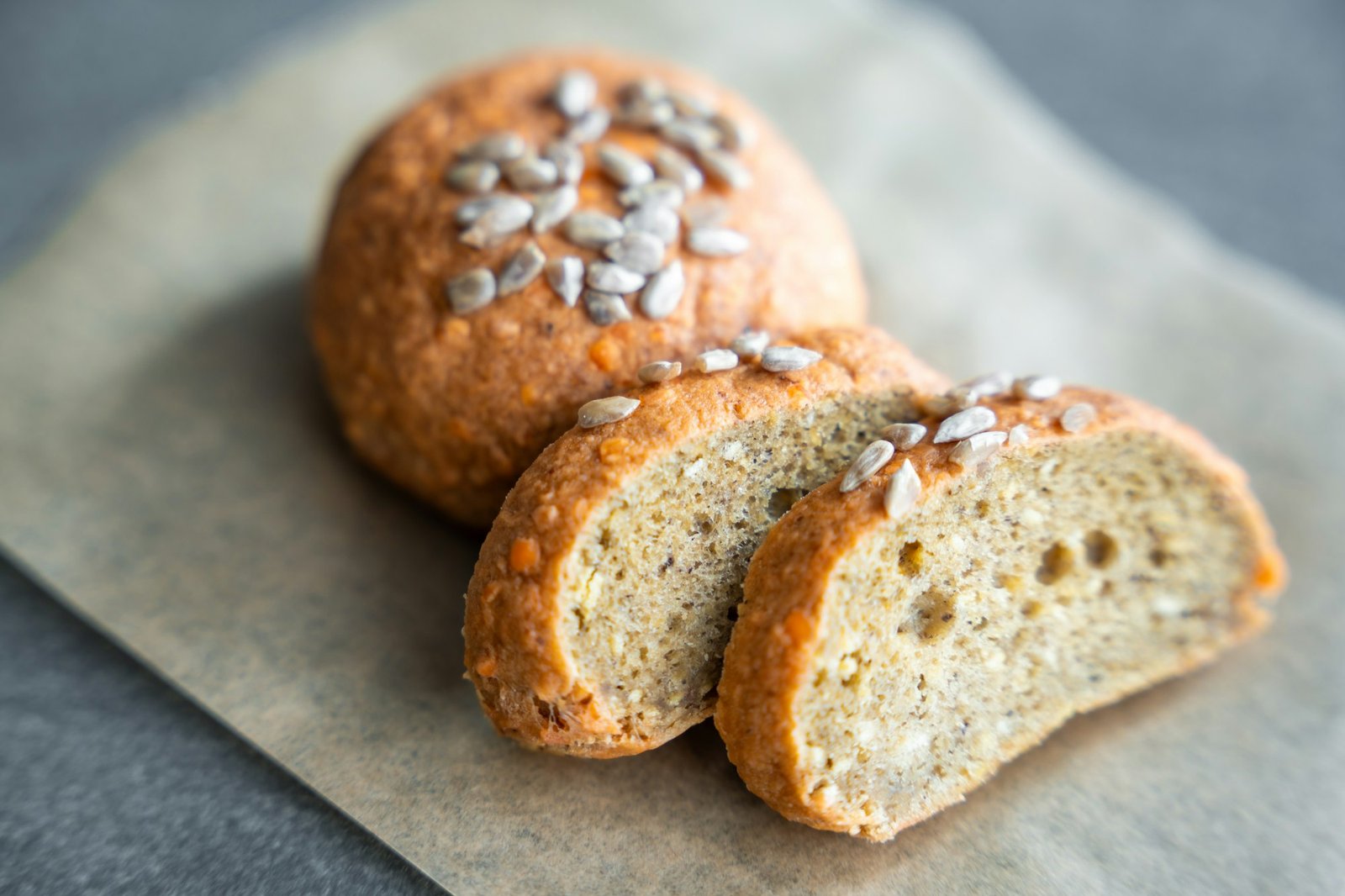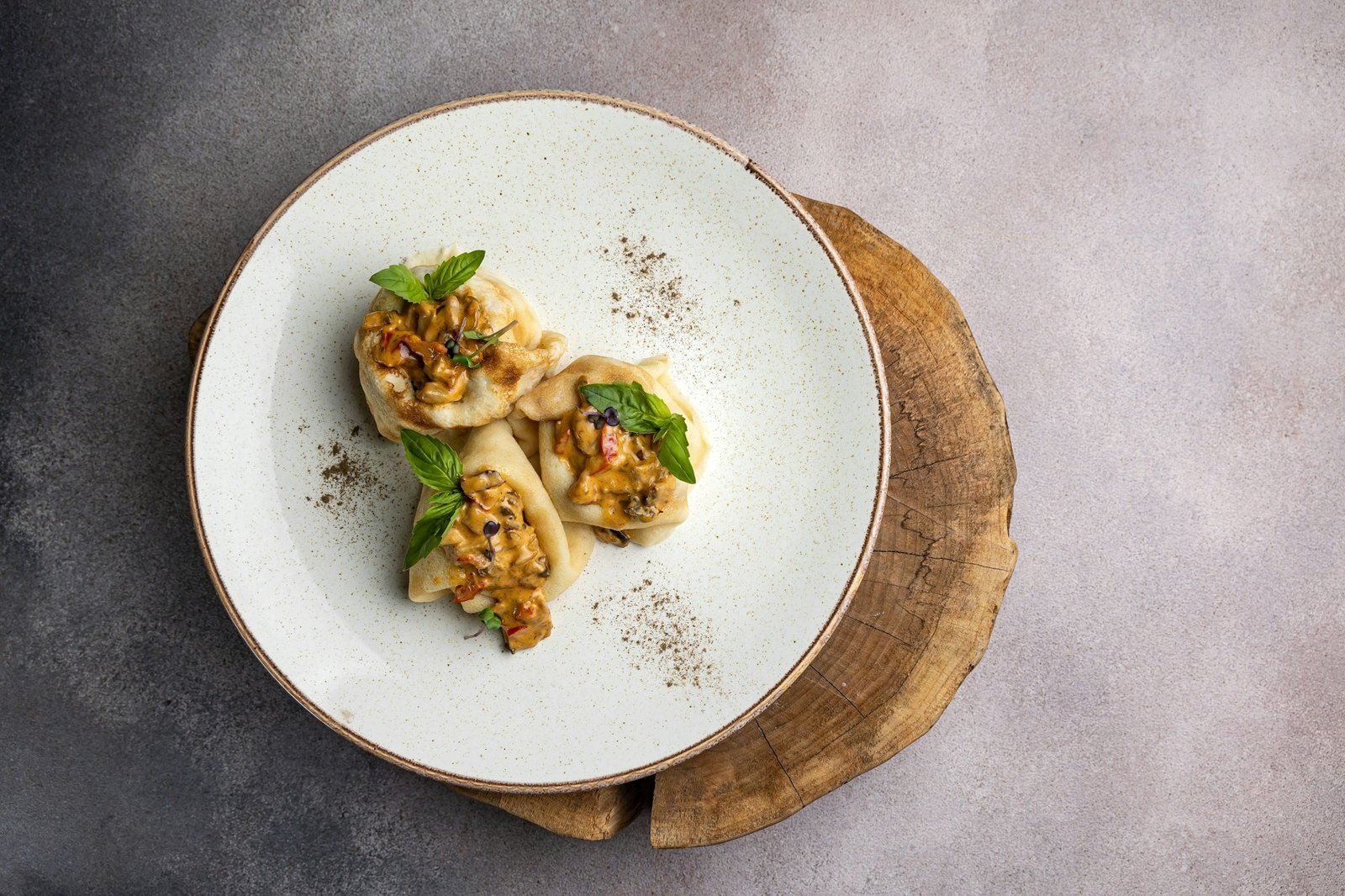- Application
- Tile Adhesive
- Wall Putty / Skim Coat
- Best EIFS Additives | Exterior Insulation and Finish System
- Drymix Mortar
- Gypsum applications
- Paints & Coatings
- Self-leveling Compounds
- Plaster Mortar
- Detergents
- Products
- Reliable HPMC Manufacturer | Hydroxypropyl Methyl Cellulose
- MHEC | HEMC Manufacturer | Hydroxyethyl Methyl Cellulose
- Hydroxyethyl Cellulose | Trusted HEC Manufacturer in China
- Professional VAE RDP Supplier | Redispersible Polymer Powder
- Sustainability
- Services
Global growth through Quality and Trends
Cellulose Ether Services
We lead in cellulose technology services, offering global solution
Contract Manufacturing
We assist with powder products, providing turnkey formula processing solutions.
Formulation Development
We can customize and optimize formulas based on customer needs.
Pre-sales Service
We provide free shipping and sample charges, offering customers test samples.
After-sales Service
We provide solutions for a series of issues that arise after product sales
- Company
LANDU Global Specialty Chemicals Leader
Organization & Businesses
Certifications & Quality
Investor Relations
LANDU History
Strategy and Values
Your Local Service
- News & Events
Stay informed with our latest updates
News and events
News and events
Expert Industry Insights
- Contact

